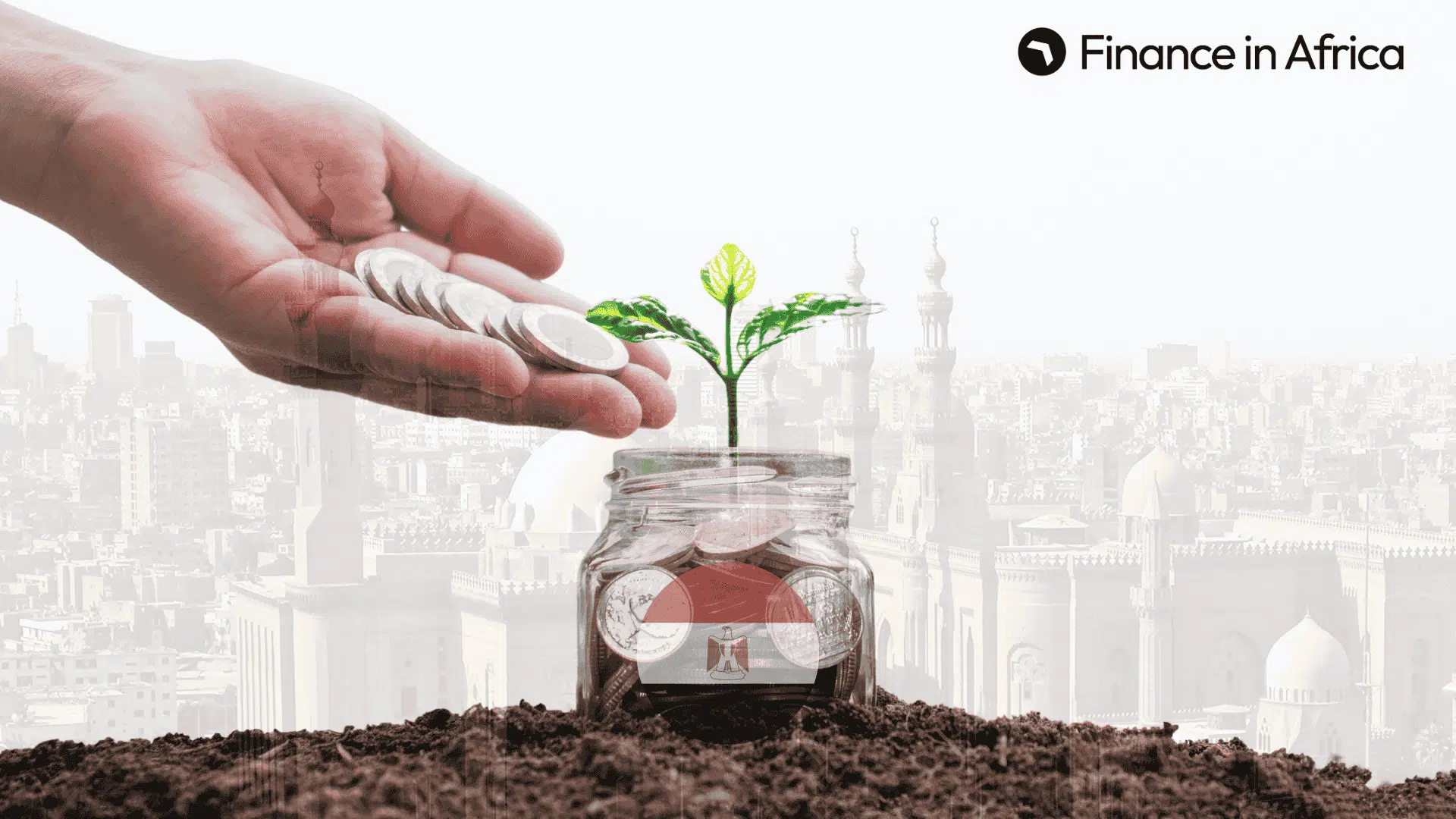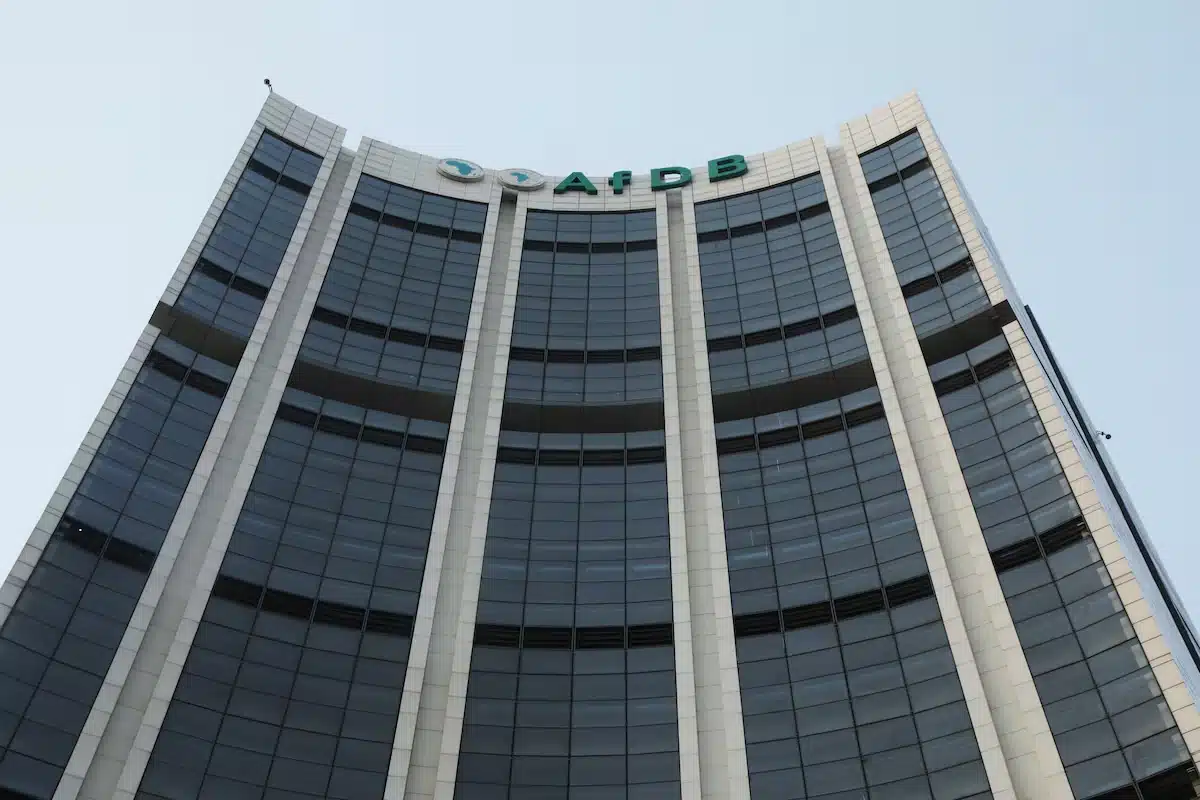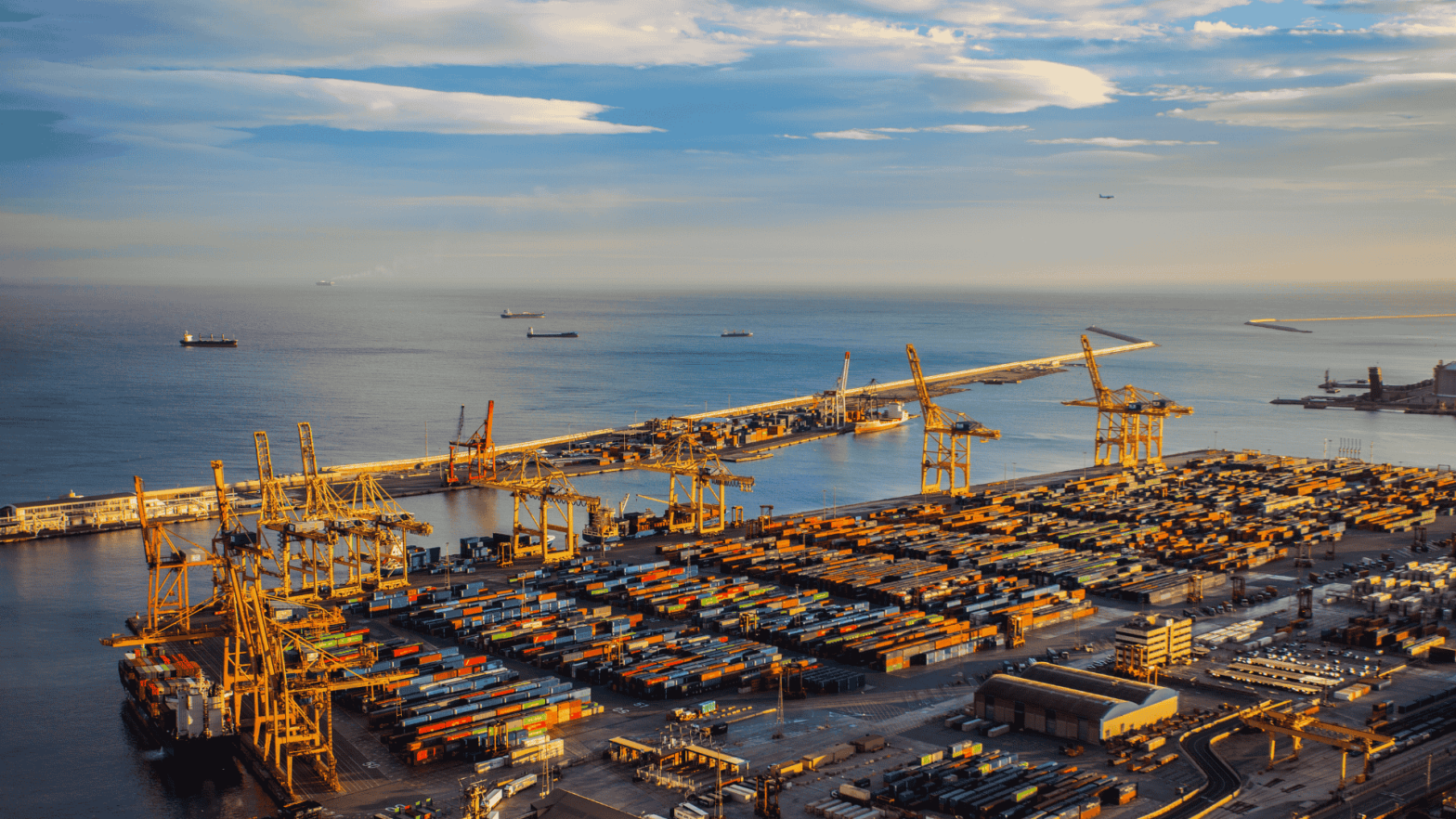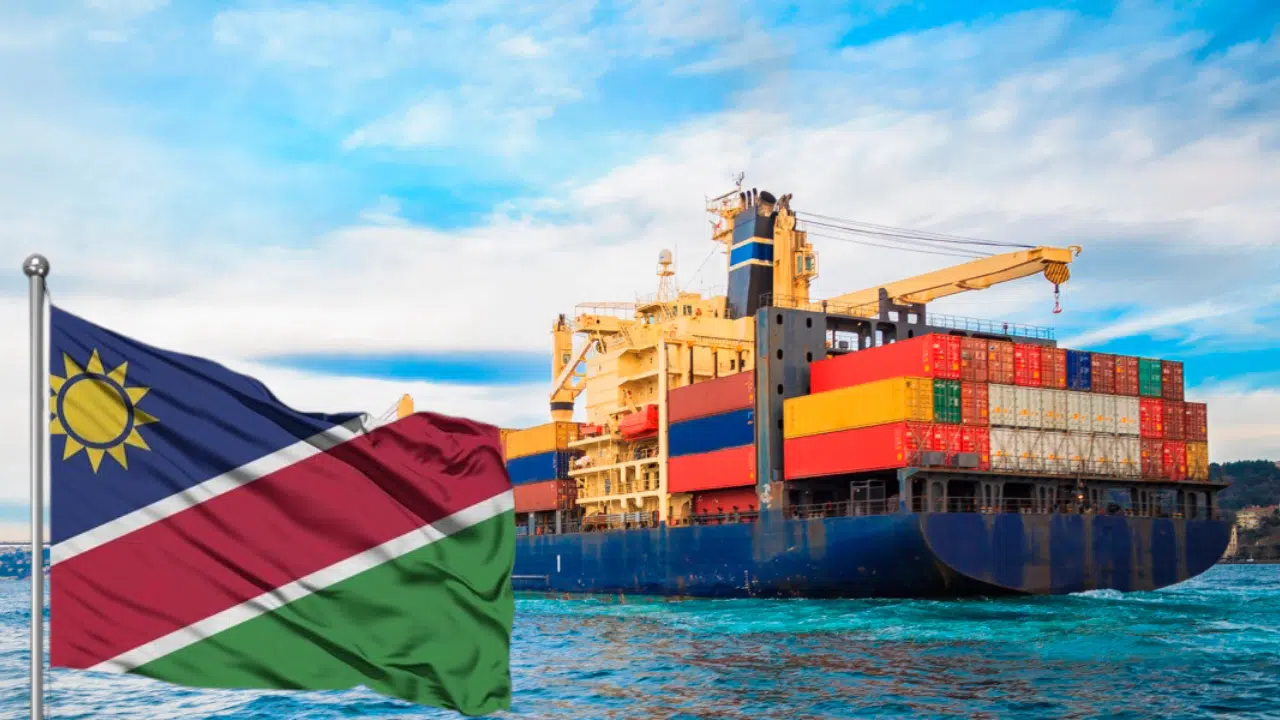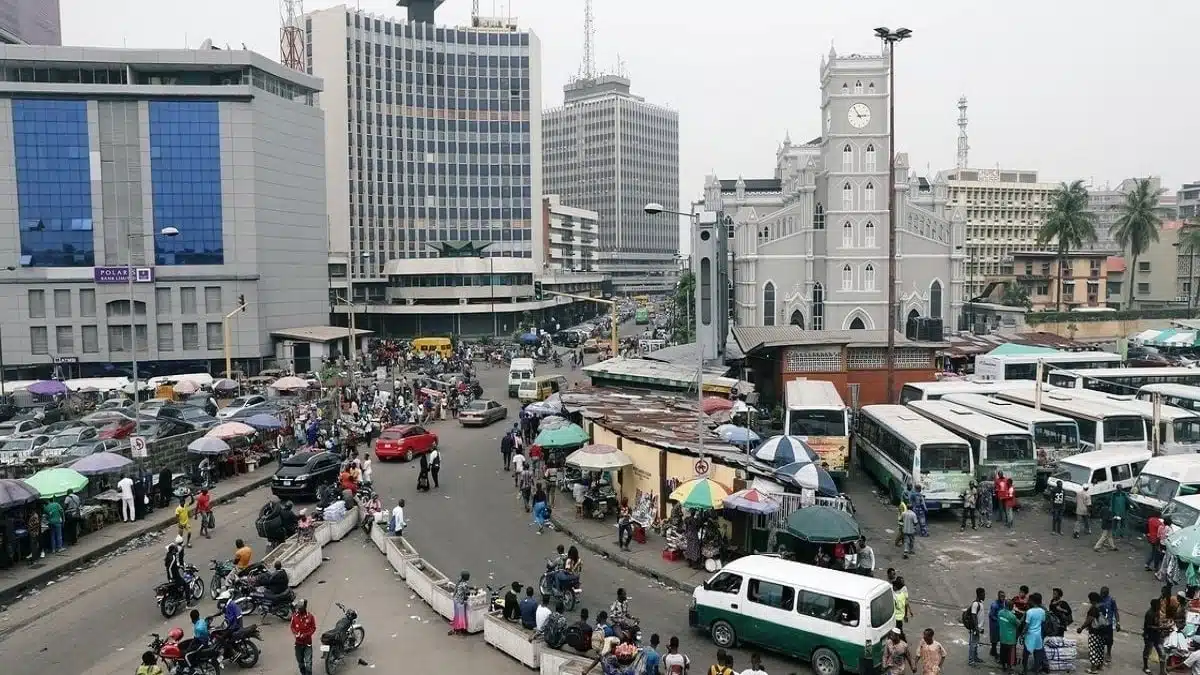In 2024, Foreign Direct Investments (FDIs) inflows globally rose by 11% to $1.4 trillion according to a new report from the United Nations Conference on Trade and Development (UNCTAD) titled “Trend Global Investment Trend Monitor”. It is noteworthy that excluding foreign inflows through European conduit economies, FDIs globally were down by 8% compared to the figure for 2023.
FDI inflows to Africa reached a historic high in 2024 at $95 billion, marking an increase of 84% from $51 billion recorded in the previous year. North Africa received the bulk of the continent’s foreign investments all thanks to Egypt, which saw record levels of investment inflow.
According to the country’s Investment and Foreign Trade Minister, Foreign Direct Investments (FDIs) in 2024 reached $46 billion, representing a rise of almost 370% over a one-year period. It should be noted that the spike in Egypt’s FDI stems chiefly from the development of the Ras El-Hekma peninsula by ADQ, a UAE-based sovereign investment fund for $35 billion.
The huge investment came on the heels of a very turbulent economic year for the North African country, where its currency depreciated by nearly 40% although inflation cooled to a two-year low at 23.4%.
Beyond its economic malaise, the country also battled a humanitarian crisis, an aftermath of the war in neighbouring Gaza between Israel and Hamas group. There are an estimated 115,000 refugees and asylum seekers from Gaza who have poured into Egypt following the war, and compounding the over 800,000 refugees currently residing in the country.
Economic reforms in Egypt and Impact
The macroeconomic front, 2024 was a mixed bag for Egypt, reforms in the foreign exchange market, monetary policy reforms and restructuring of its fiscal position in line with the International Monetary Fund (IMF) recommendation, with the aim of controlling inflation, which rose to 35.7% in February, 2024.
On March 6, 2024, the Egyptian government floated its currency after months of defending it in a bid to attract foreign investment and keep the government’s fiscal position stable. Following the floating of the Egyptian pound, the country’s Central Bank hiked lending rate by 600 basis points as a measure to curb rising inflation following the devaluation of the Egyptian pound. The Bank had earlier in February of 2024 raised the minimum lending rate by 200 bps, resulting in a yearly total MPR hike of 800 bps.
In the aftermath of the decision of the country’s monetary authorities to float the FX market, the Egyptian pound nosedived from E£31 to E£50 per US Dollar, a 37% depreciation.
The reforms were necessitated by threats to the country’s revenues following the Houthi attack of ships in the Red Sea, thereby reducing revenues from the Suez canal.
In the fiscal space, authorities in Egypt are digitising the tax collection process to increase tax-to-GDP ratio and create fiscal buffers to support the vulnerable in the country. According to estimates from the International Monetary Fund (IMF), the tax reforms will increase the tax-to-GDP ratio by 2% in the next two years through removing exemptions in the tax code rather than increasing tax rates.
Although it should be noted that Egypt’s economic reforms were not far-reaching enough as the government retained bread and petroleum subsidies in the country in the 2024/2025 year.
The impact of Egypt’s monetary and fiscal policy reforms was immediate, as inflation began a deceleration trend after reaching 35.7% in February and gradually fell to 24% by December, 2024.
However, the biggest impact of the economic reforms in Egypt stems from the massive private sector inflows into the country and development institutions like the World Bank, IMF and governmental institutions like the European Union.
In March 2024, the IMF completed the first and second reviews of Egypt’s Extended Fund Facility arrangement with Egypt and approved an augmentation of the original program by about US$5 billion.
During the Fund’s staff review in December 2024, it agreed to provide Egypt with another $1.2 billion (SDR 922.8 million) subject to approval of the Executive Board of the IMF. The support was aimed at creating fiscal space to support the vulnerable as inflation remained at double-digit levels.
IMF’s Bretton Woods counterpart, the World Bank, also lent its support to Egypt following its reforms towards a more private sector led economy. In March, the global lender announced that it intends to provide up to $6 billion in the next three years to both government programs and the private sector.
In June, the bank announced as part of its $6 billion support to Egypt, the approval of a $700 million development policy financing support to address short-term challenges during the country’s reforms process.
The rains of foreign financial support did not end with the World Bank, in March, the European Union (E.U) led by Ursula Von De Leyen and 15 other Prime Ministers met with Egypt’s Abdel Fatah Al-sisi and announced the agreement of EU-Egypt Strategic and Comprehensive Partnership meant to provide E€7.4 billion to bolster Egypt’s faltering economy.
Factors responsible for massive inflow of foreign investment
- Commitment to private sector-led economy – the willingness of policy makers in Egypt to pivot the country’s economy from severely regulated to a more private sector-led and market-driven served as a confidence booster to international development partners like the World Bank, IMF and European Union.
These policy efforts include privatising state-owned assets, contractionary monetary policy, deregulation of the foreign exchange market, and a reduction in energy and food subsidies.
- Geopolitical role in the Middle East – Since 2023, the Middle East has been embroiled in conflicts and political instability of which Egypt’s economy has been a casualty despite being a major player in efforts to resolve the various conflicts. Prominent among these conflicts include the Israel-Hamas war, the political crisis in Sudan and Libya.
These conflicts have taken a toll on Egypt’s economy, especially the tourism sector. Besides the impact on Egypt’s economy, these conflicts have placed a huge humanitarian burden on Egypt, which hosts almost 900 thousand displaced persons and asylum seekers.
This critical role has prevented a repeat of the 2015 migrant crisis to Europe, which overwhelmed Europe’s immigration system and sparked the immigration debate, which has dominated politics till this day.
- Leveraging on cultural and religious ties with wealthier Arab nations, Egypt appears to be benefiting from its close ties to financially buoyant fellow Arab countries like the UAE and Saudi Arabia. In 2024, around 68% of FDI originated from the UAE due to the $35 billion Ras El-Hekma peninsula project. While 2024 might seem an outlier year, Egypt typically receives 10% to 20% of her FDIs from the Middle East.
In September, authorities in Egypt announced that the crown Prince of Saudi Arabia has directed the Public Investment Fund (PIF) to invest $5 billion as an initial phase investment. The Saudi government has earmarked the country’s tourism, real estate and energy sectors for potential investments and partnerships in the long run.
What Egypt’s investment story means for African countries
While Egypt has seen positive outcomes from IMF-backed reforms aimed at boosting public revenue, fostering a private sector-driven economy, and controlling inflation, the situation in other African nations has been less favorable.
In Kenya, changes to the country’s tax laws sparked deadly protests that paralyzed the nation for nearly two months. Meanwhile, in Nigeria, the deregulation of the energy and foreign exchange sectors, combined with aggressive monetary policy tightening, has triggered the worst cost-of-living crisis in nearly 30 years.
For African countries to attract foreign investment and secure development support, they must implement reforms that not only enhance their business sectors but also make their economies more appealing to global investors and geopolitical powers.
It remains to be seen whether Egypt can sustain her dominance of attracting foreign investment on the African continent in the long run.

